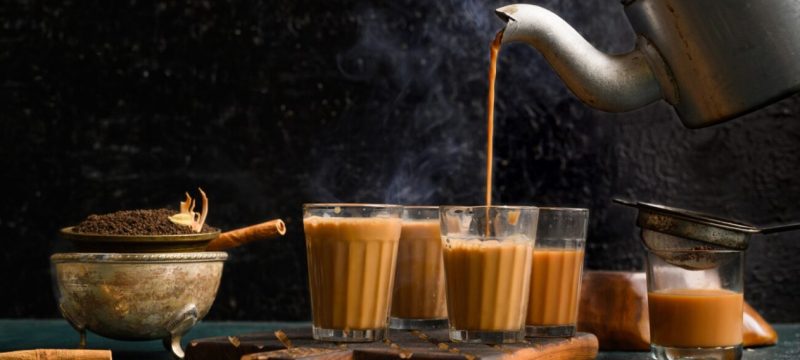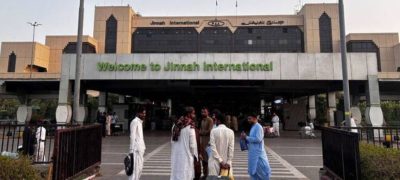The government of Pakistan has set a new minimum retail price of Rs1,200 per kilogram for tea in an effort to regulate the domestic tea market amidst growing inflationary pressures. This significant price hike, confirmed by a notification from the Federal Board of Revenue (FBR), applies to both imported and domestically supplied tea. As a result, the sales tax on tea will now be calculated based on this new minimum price, and if the retail price exceeds Rs1,200 per kilogram, the tax will reflect that higher cost. This move is expected to contribute to further price increases in the tea market, adding financial strain on consumers already dealing with rising inflation.
Pakistan’s annual inflation rate climbed to 7.2% in October, driven primarily by surging food prices. Although underlying inflationary pressures have eased slightly, the uptick in both annual and monthly inflation readings continues to affect households. The slight increase in inflation exceeded expectations, with the Ministry of Finance previously projecting inflation to fall between 6% and 7% for November.
Also Read: Punjab Government to Use AI for Price Control
The State Bank of Pakistan (SBP) is set to hold a key Monetary Policy Committee meeting to decide on the interest rate, which currently stands at 17.5%. The recent interest rate cuts from 22% have not yet brought rates in line with the declining inflation figures. Deputy Prime Minister Ishaq Dar has argued for further cuts, suggesting that a rate cut would better reflect the current economic environment, especially with inflation now at 6.9%. Market analysts expect at least a 2% cut in the interest rate during the meeting, with some speculating on a steeper reduction.
Finance Minister Muhammad Aurangzeb has urged caution in the central bank’s approach to high interest rates, emphasizing the need for a balanced strategy. Meanwhile, Dar has also suggested that the Pakistani rupee is currently undervalued at Rs278 to the dollar and should be closer to Rs240, arguing that this disparity contributes to inflation and creates fiscal pressure.
On the inflation front, Pakistan has set an annual inflation target of 12%, while the IMF projects a slightly lower figure of 9.5% by the fiscal year-end. Core inflation, excluding volatile energy and food prices, has shown a deceleration in both urban and rural areas, with the average core inflation now standing nearly 8% below the current policy rate.
Despite easing pressures on inflation, the prices of certain commodities, such as gas and food, remain high. Perishable food prices, including onions, vegetables, and fruits, surged last month, while gas charges saw a significant annual increase of 319%.





